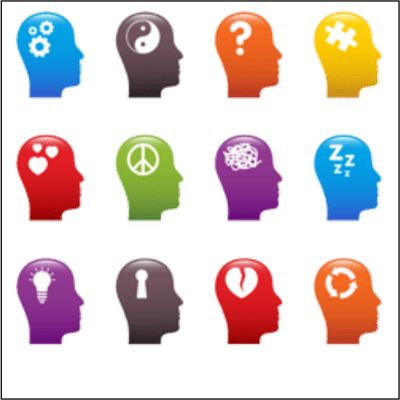Developing Emotional Intelligence
Emotional Intelligence is usually considered the ability to be in touch with one’s emotions to the point where these feelings can be identified and understood, then used in social interactions.
This course will introduce to you the ideas and techniques for increasing your emotional intelligence. Many occupations are based on high emotional intelligence. Many service occupations require high levels of EQ. These skills are also widely desired by all employers as these employees are better communicators. They are good at relationships and conflict resolution, which are very useful in the workplace.
What is Emotional Intelligence?
To define it in the workplace, we must first understand the definition of emotional intelligence. EQ, is usually described as the ability to identify one’s emotions and the control of those emotions while expressing oneself. This also includes being empathetic to others and cultivating successful interpersonal relationships.
the definition of emotional intelligence. EQ, is usually described as the ability to identify one’s emotions and the control of those emotions while expressing oneself. This also includes being empathetic to others and cultivating successful interpersonal relationships.
Emotional intelligence is not only useful in day-to-day life, but it is critical to a successful workplace. In fact, EQ is more important in the business world than IQ. With an emotionally intelligent team, maximum success can be achieved. This can be achieved through improved communication, empathy for others, and better resolution of conflict between the team members, and also customers.
As a result of the growing acknowledgment by professionals of the importance and relevance of emotions to work outcomes, the research on the topic continued to gain momentum, but it wasn’t until the publication of Daniel Goleman’s bestseller Emotional Intelligence: Why It Can Matter More Than IQ that the term became widely accepted by mainstream media.
Course Objectives:
- Define and practice self-management, self-awareness, self-regulation, self-motivation, and empathy.
- Understand, use and manage your emotions.
- Verbally communicate with others.
- Successfully communicate with others in a non-verbal manner.
- Identify the benefits of emotional intelligence.
- Relate emotional intelligence to the workplace.
- Balance optimism and pessimism.
- Effectively impact others.









Reviews
There are no reviews yet.